 To celebrate the re-release of my heist thriller, Gunshine State, by Down and Out books, it is time for another of my top 10 heist posts.
To celebrate the re-release of my heist thriller, Gunshine State, by Down and Out books, it is time for another of my top 10 heist posts.
This is my fourth post along the theme of ‘the heist always goes wrong’. Previous posts have been: ‘The heist always goes wrong, part 1: ten of the best heist movies ever made’, ‘The heist always goes wrong, part 2: reader picks and other favourite heist movies’, ‘The heist always goes wrong, part 3: 10 of the best heist films you’ve probably never seen’.
This instalment continues where I left of in part 3, with 10 more unknown or under appreciated heist films that you might want to check out.
Machine Gun McCain (1969)
Even when he was slumming it, John Cassavetes was still incredible and Machine Gun McCain is proof. This hard boiled 1969 Italian film tells the story of a paroled armed robber (Cassavetes) whose plan to heist a Las Vegan casino falls foul of a battle for territory between the east and west cost Mafia. Cassavetes’s co-starts include Peter Faulk, Britt Elland, and such Italian genre film stars as Luigi Pistilli and Grabiele Ferzetti. Filmed in Rome, Las Vegas, San Francisco and Los Angeles, this film is chock full of terrific late 1960s streetscapes and style. There also a cracker of a score by Ennio Morricone.
Jules Dassin’s first US film since leaving the country in 1953 after being blacklisted for his past Communist Party affiliation, Uptight is set in Cleveland, Ohio, on the night of Martin Luther King’s death. Black militant, Johnny (Max Julien), heads a job stealing guns from a warehouse, which ends with the death of a security guard and Johnny a fugitive from police. His childhood friend, Tank (Julien Mayfield), an unemployed, alcoholic ex-steelworker, was supposed to participate in the heist but didn’t due to heavy drinking. The militants, led by B.G. (Raymond St. Jacques) and Johnny’s sister, Jeannie (Janet MacLachlan), shun Tank for his failure to help. Pressured by his single mother girlfriend (Ruby Dee), who threatens to dump him unless he comes up with money, and a manipulative police informant, Daisy (Roscoe Lee Browne), Tank gives Johnny’s location to the authorities, who gun him down as he visits his elderly mother. The militants suspect Tank is the informant and begin to investigate him. A fusion of film noir and neo realist styles, this is the earliest big studio film to tackle the alienation felt by a growing section of America’s black population in the face of poverty and racist violence and their search for radical alternatives to the non-violence of the earlier civil rights era.
Based on a novel by David Goodis, career burglar, Nat Harbin (film noir regular, Dan Duryea), masterminds the robbery of a spiritualist who has been left a large endowment, including a valuable emerald necklace, by a dead millionaire. With the aid of his stepsister, Gladden (Jayne Mansfield) – who has cased the place under the pretences of visiting to make a donation to Sister Sarah’s work – Harbin and his crew get the necklace from the safe it is left in, but the plan starts to fall apart as the men bicker about what to do with their loot. Add a corrupt cop and some barely contained sexual desire between Harbin and Gladden, and you have a wonderful late period noir.
This film by Albert and Allen Hughes, sees Larenz Tate star as a black Vietnam vet who, experiencing difficulties adjusting to life after the war, decides the only way he is ever going tio get a slice of the America dream is to undertake an armoured car robbery. This film throws virtually every trope of late 1960s/early 1970s black experience into the mix: poverty, police racism, the horror of Vietnam, including the division between black and white American soldiers, the burgeoning heroin epidemic in the 1970s, pimp culture, and the Black Power movement. Clunky in places and with a definite made for TV feel, it nonetheless works, both as an interesting portrait of working class black life in 1970s New York and a heist film.
The Who frontman Roger Daltry stars as Jon McVicar, real life 1960s armed robber, at one time was Scotland Yard’s ‘public enemy number one’. The story, supposedly based McVicar’s book, McVicar by Himself, is split into two halves. The first sees McVicar plotting his jail escape between prison riots and bouts of guard brutality. Once out, he kicks starts a troubled relationships with his wife and young son and develops a plan to escape from his life of crime by going to Canada. But to do this he needs money and the only skills he has are criminal, so he has to return to pulling robberies, for one of which he is eventually caught and returned to jail. All up, not a bad film, with plenty of old school London villain and a great soundtrack, a Roger Dalty solo album.
Loosely based on Australia’s biggest real life heist, the 1976 Great Bookie Robbery, this strange made for television Australian film doesn’t quite hold together but is entertaining viewing nonetheless. Simon Chilvers is an elite SAS officer, cashiered from the army after killing a man on a routine training exercise. He pulls together a group of former soldiers to rob a Melbourne bookie club on a major racing day. Although heist goes off without a hitch, problems emerge when a criminal boss named Webster gets wind of the crime and wants the money. Worth your time as a cultural curio.
This Australian film is worth seeing for no other reason than to be reminded just how good an actor Heath Ledger was. But there is a lot more to recommend Two Hands, including some wonderful scenes set in Sydney’s now almost completely gentrified former vice area of Kings Cross, and Bryan Brown as strip club owner and criminal boss. Ledger is Jimmy, a kind hearted and none too bright barker outside one of Pando’s (Brown’s) clubs. A botched money delivery sees Jimmy in debt big time to Pando and with little choice but to rob a suburban bank to get the cash. Entwined with the central story is Jimmy’s romance with a fresh from the country young woman, Alex (a very young Rose Byrne), and the adventures of a couple inner city kids. The story is narrated by Jimmy’s dead criminal brother, which felt weird when I first saw this film back in the day, but kind of worked on my most recent viewing.
Convicted murderer Harry Lomart (Oliver Reed), becomes obsessed with vengeance on his wife (Jill St John), when he learns she has been having an affair while he is in jail and has become pregnant. He breaks out with his mate, Birdy Williams (young, beautiful, Ian McShane) – the film’s best scene – after which he stops at nothing to kill her and the man she has been seeing. There’s a robbery that goes very badly wrong, lots of dirty 1970s London underworld action, and Edward Woodward, in a rather half hearted turn as the cop hunting Lomart down. Toxic masculinity doesn’t even begin to adequately describe how down beat and nasty this film is.
I can’t remember how I stumbled across this cynical little gem, which was apparently responsible for kicking off a wave of Italian ‘macaroni combat’ movies in the late 1960s. The Dirty Heroes is set in Holland the final days of World War II. A former gangster turned US marine (Frederick Stafford), escapes from prison and teams up with a disillusioned German soldier and a scheming member of the Dutch resistance (Thunderball’s Adolfo Celi), to rob millions in diamonds held in a heavily fortified German base. This film has everything: rivalry between the SS and Wehrmacht over what to do with the diamonds, underwater frogmen, lots of fighting, another excellent Morricone score, and From Russia With Love star, Daniela Bianchi, as the secretly Jewish wife of the Wehrmacht commander, played by Kurt Jurgens, conned into helping the robbers. War is hell. It is also an excellent business opportunity.
Violent Saturday (1955)
Versatile director Richard Fleischer helmed this satisfying little B noir, involving a heist gang arriving in a small town to rob its main business, a copper mine. The story contains some wonderful character portrayals, including Lee Marvin as a vicious benzedrine addicted hood, and Victor Mature as a mine manager crippled by doubts his son thinks he is a coward because he did not serve in World War II, and some solid crime thrills. The film particularly heats up when the robber’s car jack Mature then take a local Amish family (Ernest Borgnine is the father) hostage so they can use their farm as a hide-out after the robbery. Definitely worth your time if you haven’t seen it.

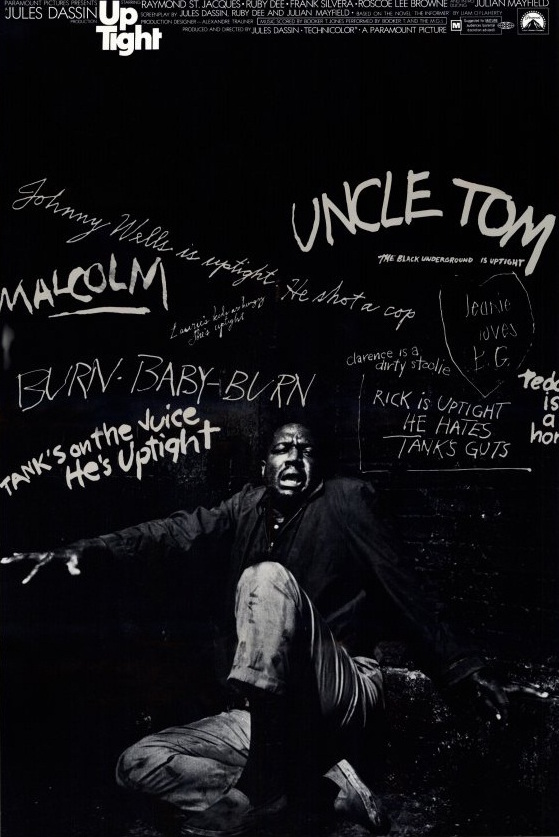
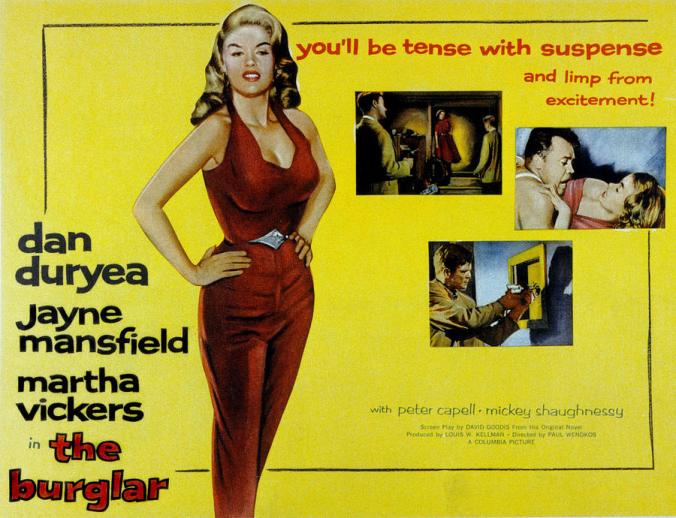
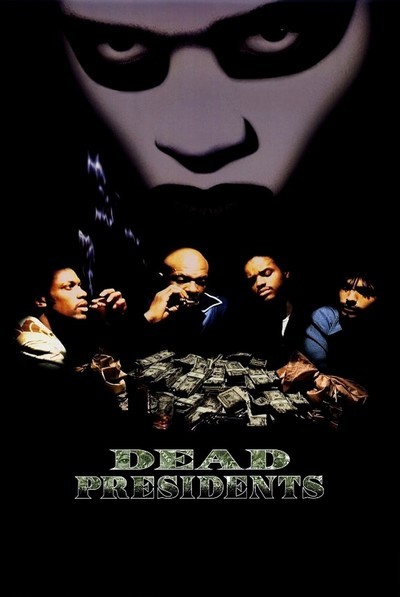
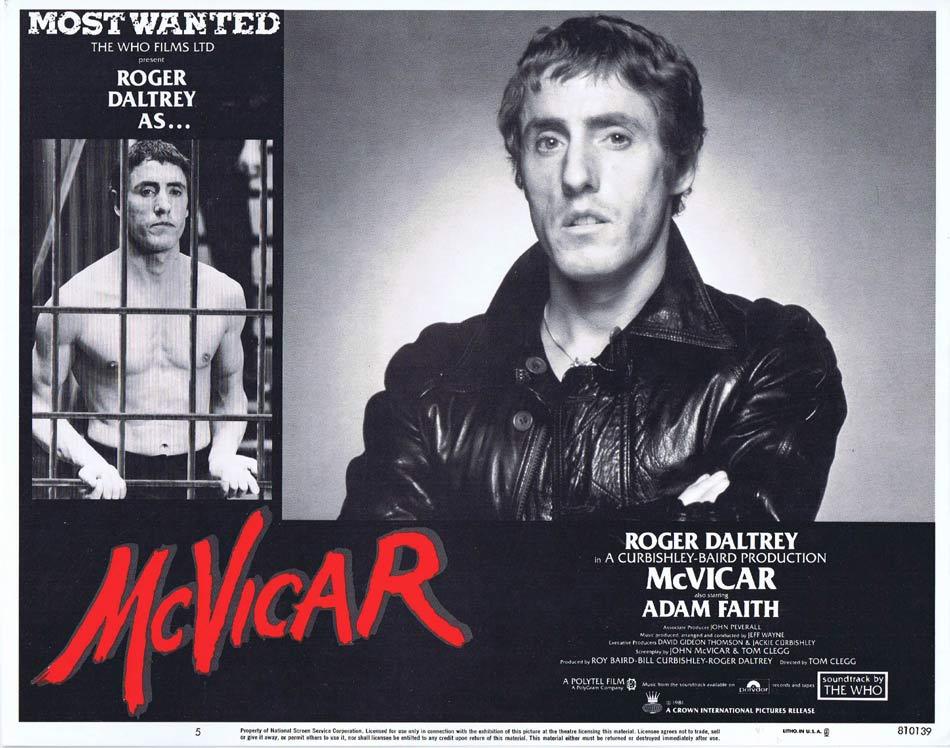
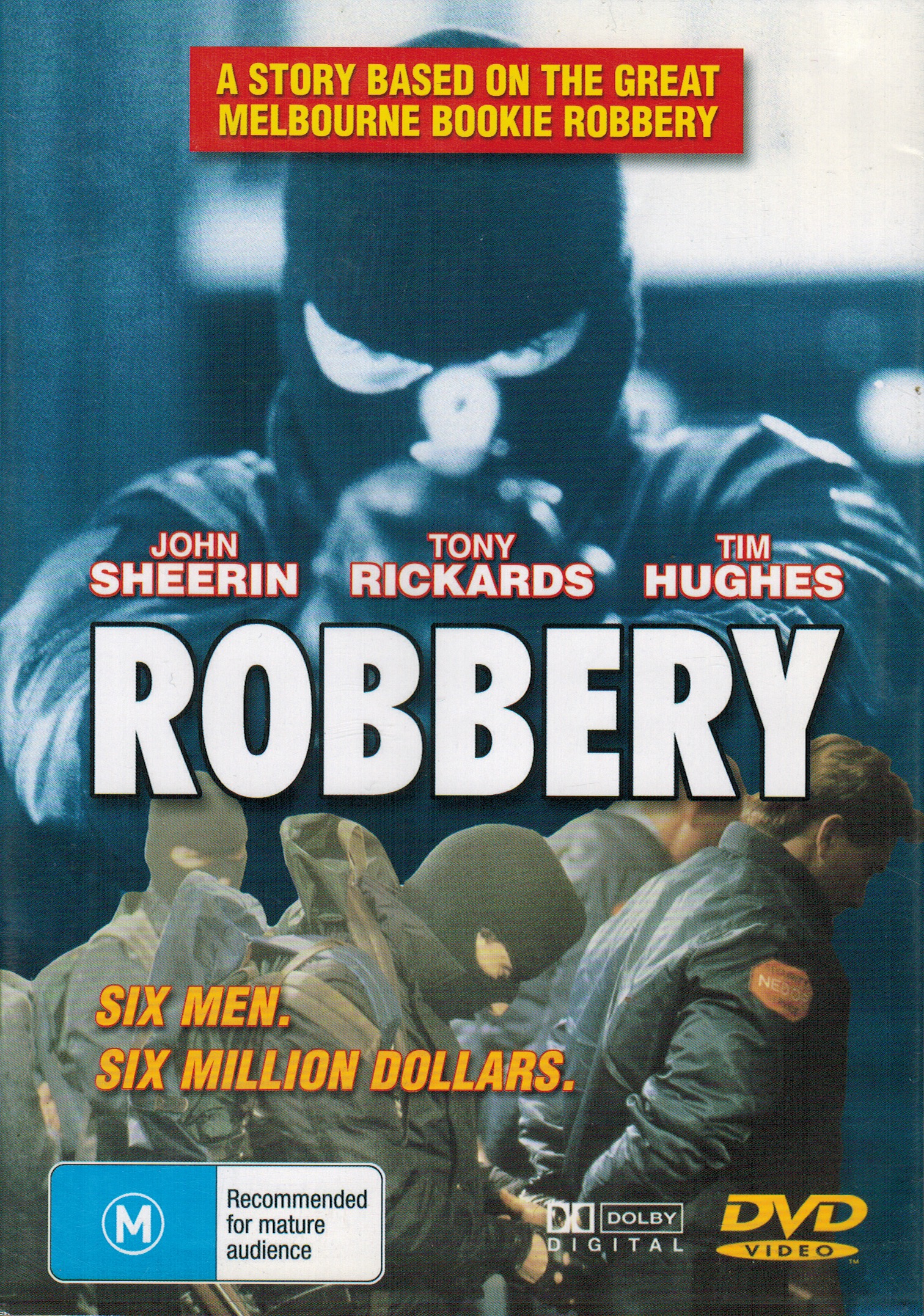
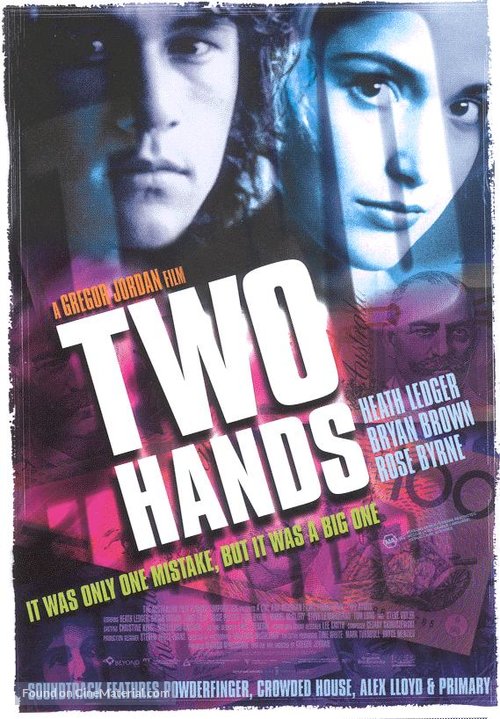
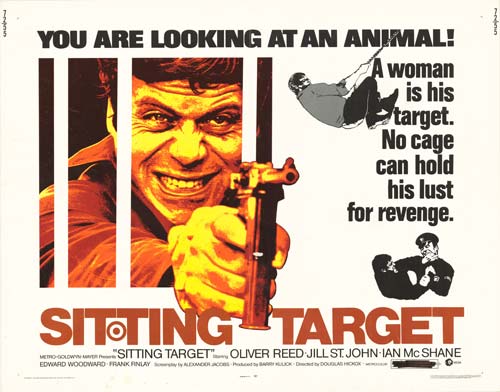
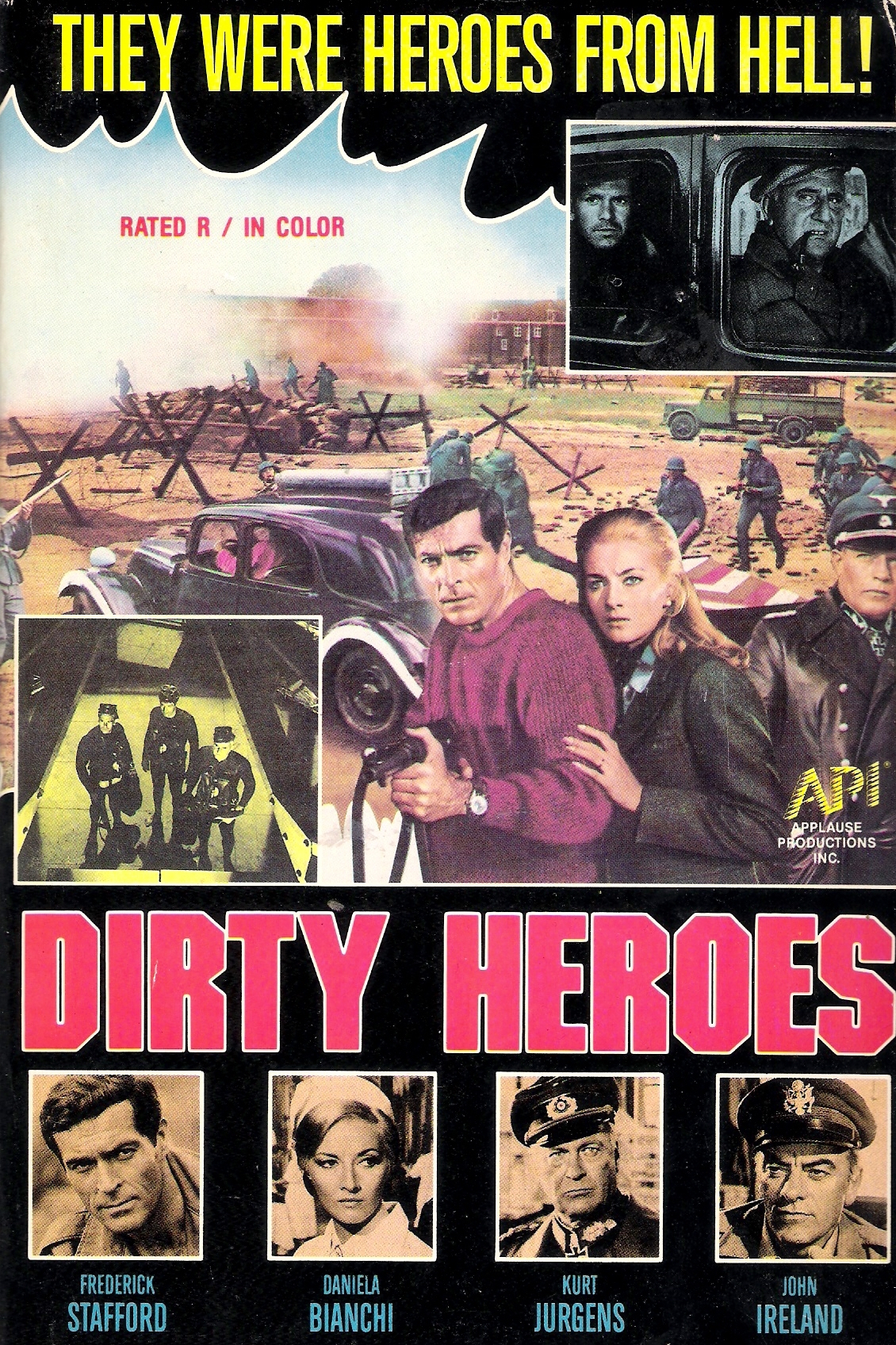




















Thank you so much dear!!
Pingback: Bloody Chops März 2018 - CulturMag